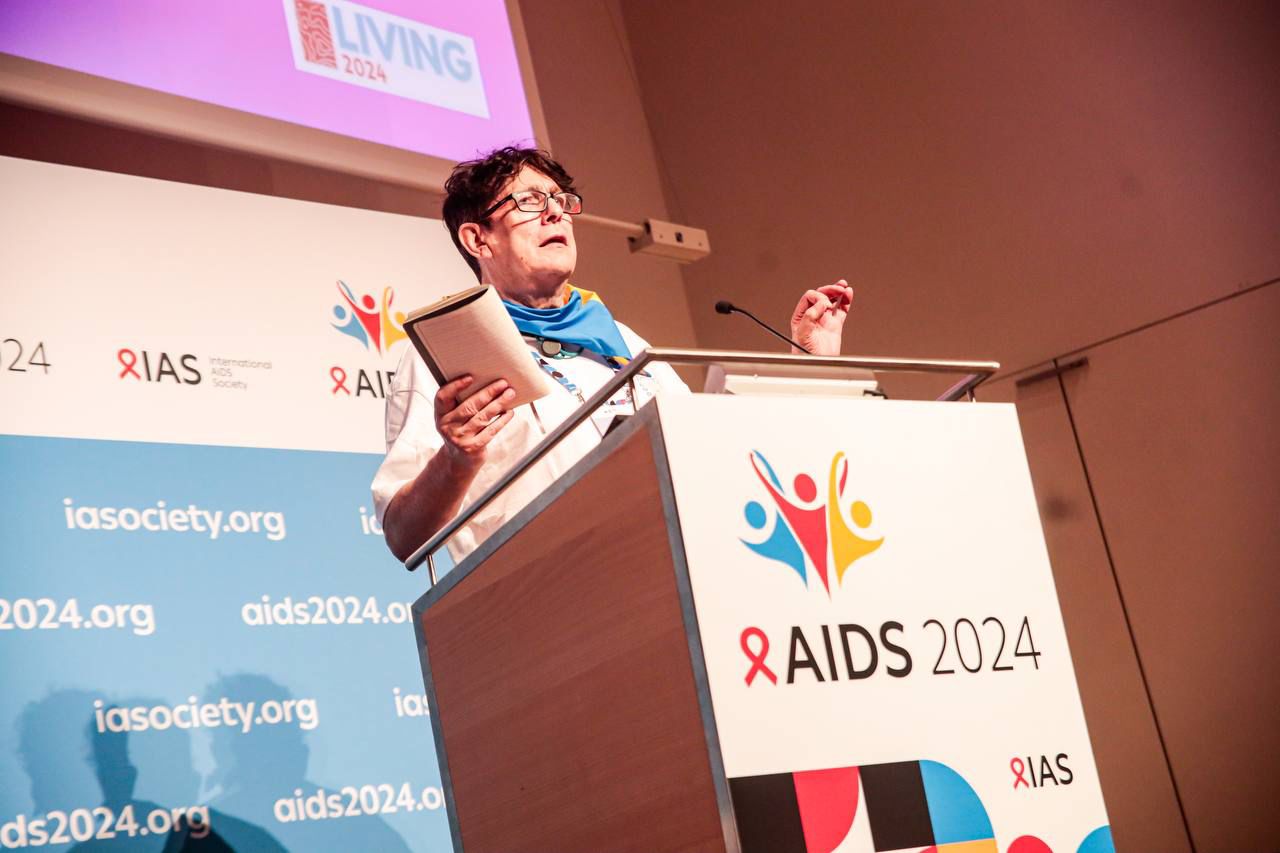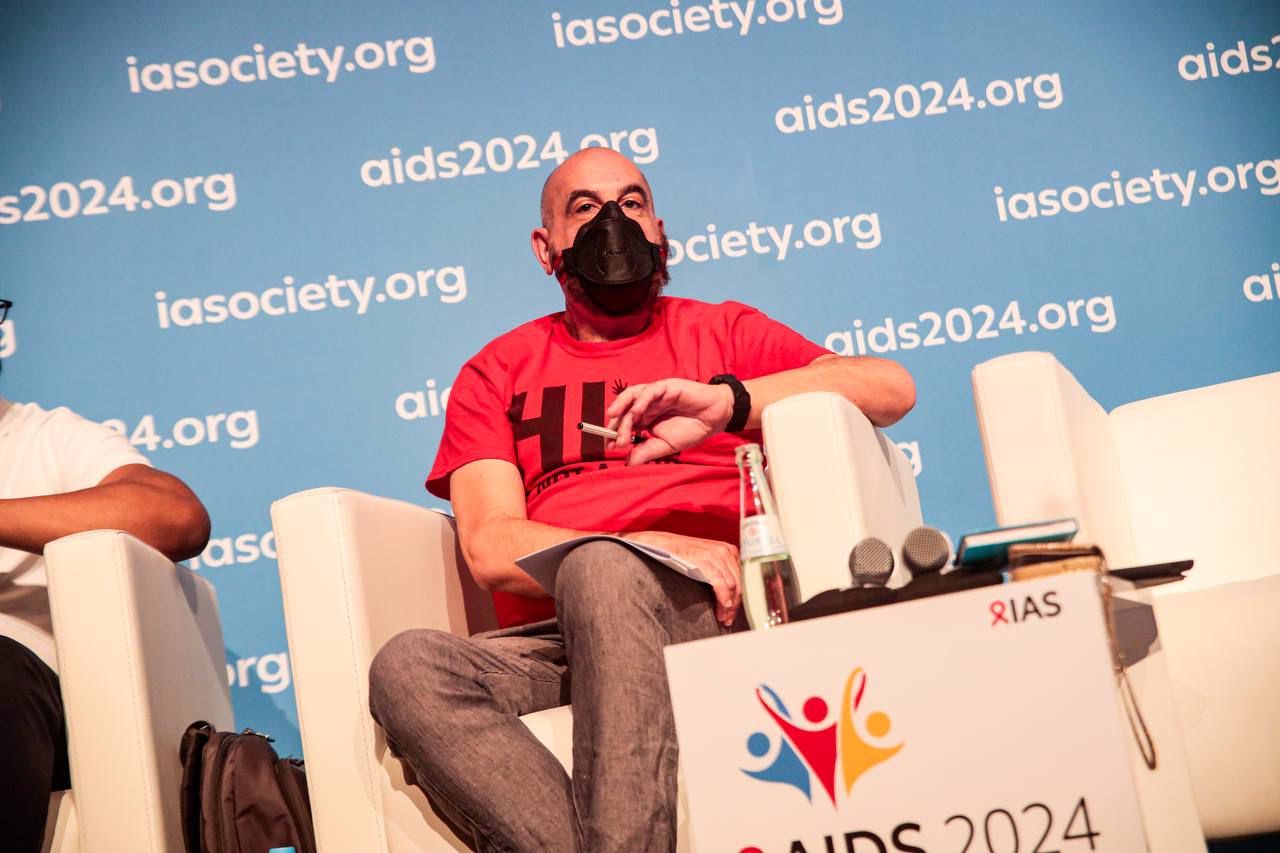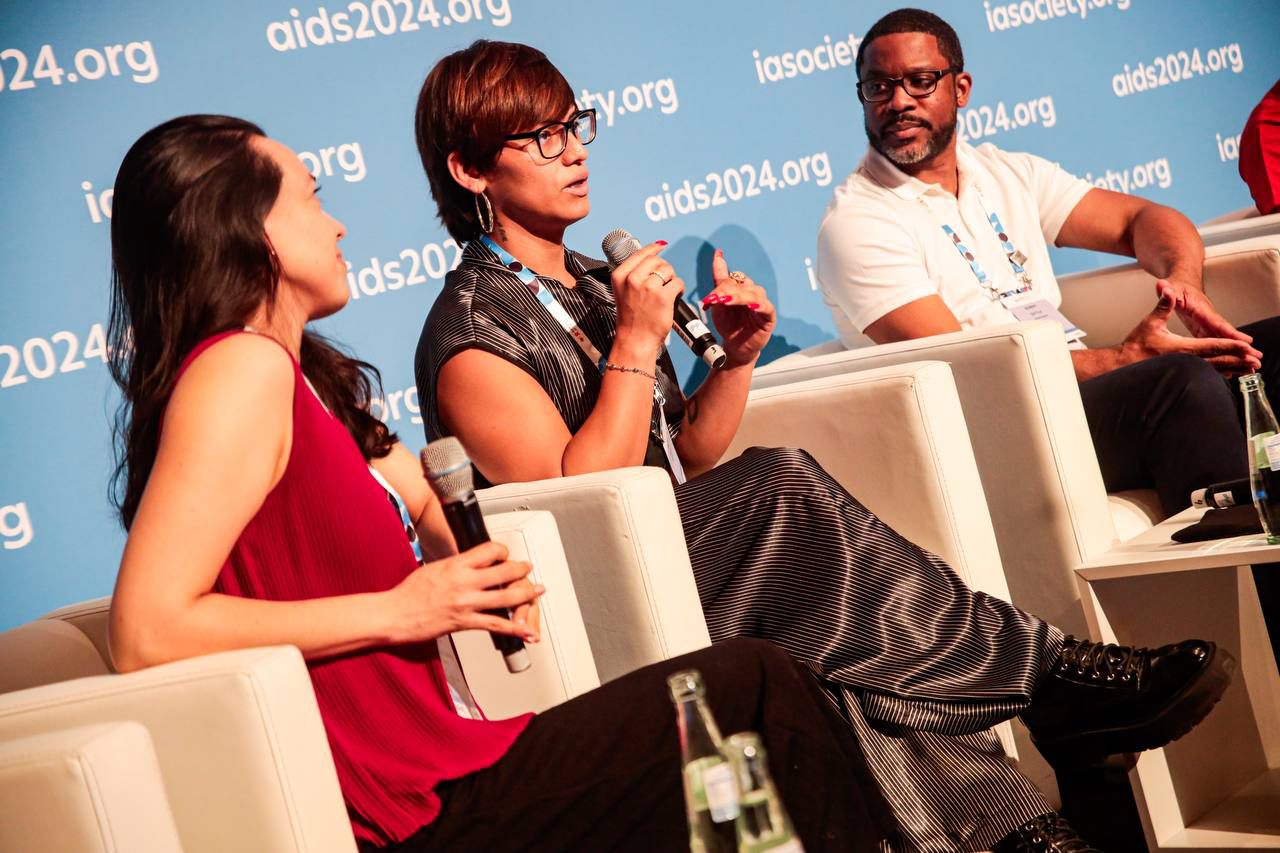This Sunday (21) during the Pre-AIDS 2024 conference in Munich, Germany, a group of experts from the United Kingdom, Mexico and the United States came together for a critical dialogue on HIV criminalization. The session, entitled “Everything you need to know about the challenge of HIV criminalization: the HIV Justice Network,” was moderated by Julian Howes, Director of the HIV Justice Network, an organization working to build a coordinated global response to punitive laws and policies affecting people living with HIV.
HIV criminalization refers to the inappropriate use of criminal law to punish individuals on the basis of their HIV status. It includes a range of acts, such as failure to disclose serostatus, potential exposure to the virus, or requesting sex while HIV positive, as well as practices such as spitting, biting, blood donation, or breastfeeding.
Not only does this criminalization exacerbate the stigma associated with the virus, it can also limit people’s access to health services, damaging the relationship between them and the health professionals who care for them. Furthermore, it creates a false sense of security, making many believe that the laws provide protection, which is not the case.
The global movement to combat this criminalization, led by HIV Justice Worldwide, aims to shift the narrative around HIV, share information and resources, and advance advocacy. The fight is essential to ensuring justice and human rights for all people living with HIV.
Edwin Bernard, executive director of the HIV Justice Network, highlighted a serious concern: “The United States repealed its HIV law in the late 20th century, but now uses many problematic laws.” He pointed to the horrific case of a homeless man with HIV who was sentenced to 35 years in prison for spitting on a police officer, a situation in which his saliva was considered a deadly weapon. Bernard highlighted the need to understand the laws in place for an effective defense.
Robert Suttle of the Elizabeth Taylor AIDS Foundation shared his personal experience with criminalization. “As a black, gay man living with HIV, I was a registered sex offender in Louisiana for 15 years,” Suttle said. He stressed that many newly diagnosed people are unaware of the dangers of criminalization, as the focus of advocacy is primarily on prevention and biomedical treatment.
Sofia Vargüez, from the HIV Justice Network in Mexico, gave an overview of the situation in Latin America and the Caribbean. “In our region, 26 countries have laws criminalizing HIV. We have recorded 157 cases of criminalization in 23 of the 32 countries in the region, including Brazil,” Vargüez said. She also mentioned the successes achieved in overturning these laws, such as in Colombia, where a law student was able to rule that the law was unconstitutional.
Ricardo Hong, director of Alianza Lambda de Venezuela, offered a worrying perspective on his country with the rise of the neo-Pentecostal movement in public bodies. “In Venezuela, the government is trying to informally change the law to criminalize people living with HIV, with the support of the Ministry of Health,” Hong revealed. He asked for materials to help educate and raise awareness about the criminalization of HIV in his country.
The event also featured tools and strategies developed by the HIV Justice Network and partners in the Global HIV Justice Alliance, providing valuable resources to start and sustain HIV decriminalization campaigns. The hope is that participants will feel motivated to use and share these tools and engage in the search for justice for all people living with HIV.
In closing, Julian Howes invited everyone to explore the HIV Justice Academy portal, a free global learning and resource hub for beginners and experts alike. The portal, accessible in English, Spanish, Russian and French, was developed to help everyone join the movement to end HIV criminalization. To access, click here.
Marina Vergueiro ([email protected])
Photos: Oliver Kornblit/Media Ninja
* AIDS News Agency is covering this edition of the conference with the support of the Department of HIV/AIDS, Tuberculosis, Viral Hepatitis and Sexually Transmitted Infections (DATHI) of the Ministry of Health and the Coordination of Sexually Transmitted Infections/AIDS of São Paulo. The news portals IG, Catraca Livre and EBC (Empresa Brasil de Comunicação) will also receive information about the event.

“Wannabe internet buff. Future teen idol. Hardcore zombie guru. Gamer. Avid creator. Entrepreneur. Bacon ninja.”



